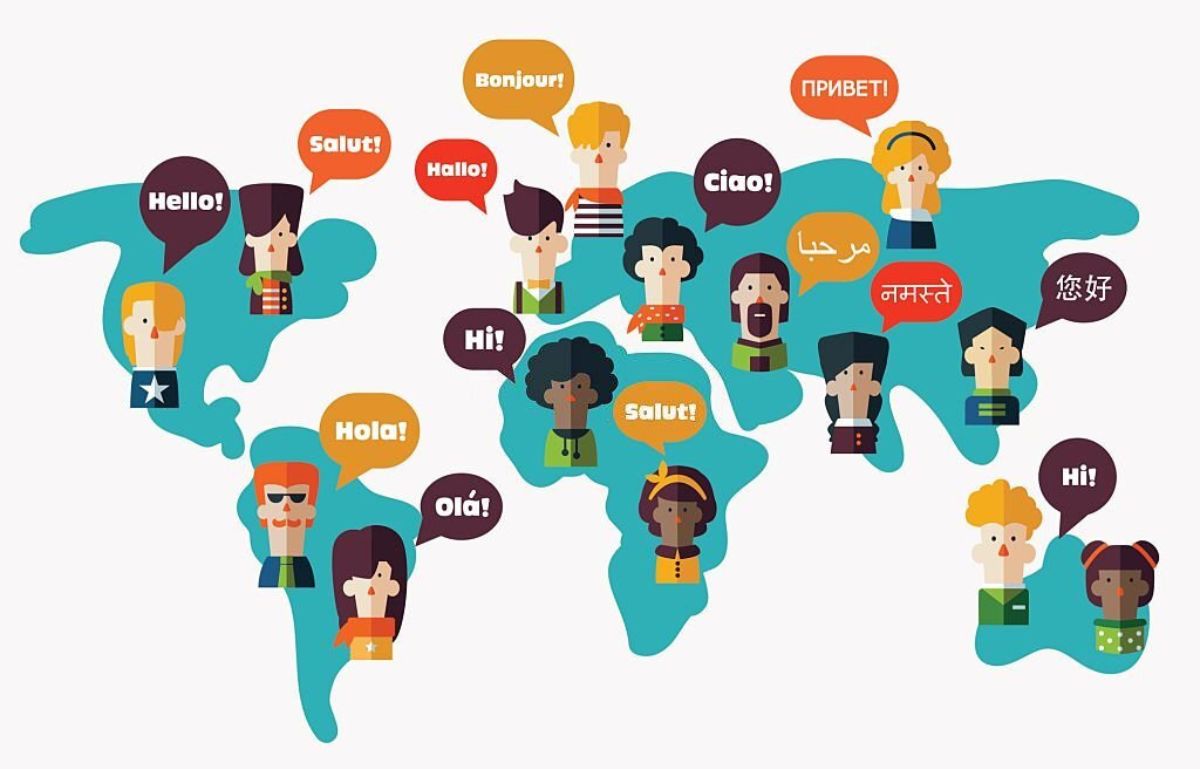The culture of a country or nation is its main tool of identification and distinction. According to theorists, a culture is defined as” the set of beliefs, customs, behaviors, attitudes, and social habits of the member of a particular society”. Considering this definition, culture can be considered a gateway to getting a close insight into a nation’s identity.
However, the communication of this culture from one language to another may pose certain challenges and problems. Translating cultural terms and phrases has been problematic from early times, as the true depiction of culture from one language to another can be difficult. The main problem is that some languages are loaded with cultural-specific terms and these cultural expressions can be tough to translate into another language.
Here we have listed some problems and challenges encountered in translating cultures around the world from one language to another.
Problems with Cultural Translation
Difficulty in the translation of cultural terms
According to many scholars closely studying cultural translations and nuances, a language is an expression of the culture and individuality of its speakers. The cultural elements that are unique and distinct from one another have been explored by two linguists, Vlakhov and Florin, who came up with the term “realia” which refers to cultural elements such as objects, habits, and customs, as well as other material aspects that may impact in the shaping of a certain language.
According to Newmark, a classification exists regarding foreign cultural words. This classification has been done by establishing five categories:
- Ecology: such as flora, fauna, winds, and climate
- Material culture: such as food, clothes, town, transport
- Social culture: work and leisure
- Organizations, activities, procedures, customs, and concepts (artistic, religious, political, and administrative subcategories)
- Gestures and habits
Contextual problems
Some of the languages carry cultural terms and expressions that are culturally specific. These expressions are difficult to translate, even by professional linguists. The reason is that the cultural context they are working on is too vague. A cultural term represents the worldview of society and its beliefs and emotions. Consequently, it consists of some important factors that help in building the information necessary for message interpretation.
Any term or word is said to be culturally specific when it denotes abstract aspects which may be related to religious beliefs, social habits, and customs. They may also represent traditions, social situations, moral values, lifestyle, kind of food, economical principle, or political ideology.
Context is important to be understood by translators and linguists.
Take the example of Indian and Arabic languages. According to the Maya Indians residing in tropical countries, there is no place without vegetation unless it is cleared for Maize-field. On the other hand, a clear field is not the appropriate equivalent of the Palestinian desert. The word “desert” represents a feature of the source culture that is not present in the target culture. This implies that culture is basically depicted with the help of symbols and any cultural item cannot be understood without its symbol.
Although you will require Professional arabic translation services to accurately translate your source language to Arabic language, such Arabic translation services can be found with a little research.
Problems with interpretation
Although some cultural concepts are universal, for example, showing courtesy to guests is the same in European and Farsi cultures. However, each language has its own interpretation, based on people’s way of thinking and living style, as well as geographic position. Due to these reasons, the interpretation by the people may be completely different as they may vary or slightly overlap.
An agency providing professional Farsi translation or Farsi translation services can have a hard time understanding the differences in culture and life perceptions. This may cause problems for the translators as differences in cultural interpretations may make the task too complicated.
Problems in cultural perceptions
Another common problem in cultural translation is that of cultural perceptions. Every culture has its own perceptions and thought processes that comprise cultural identities. An inaccurate understanding of these perceptions can result in a wrong depiction of culture and mistranslation. For example, the concept of “conscience” is different in Turkish culture and English cultures. The Turkish consider “conscience” as the presence of good or evil bestowed by God in one’s soul. On the other hand, the English view it as a knowledge of good and evil. It is not hard to notice that the Turkish perception of the term “conscience” is roughly the same as the perception in Arabic culture; both languages deem it as a religious concept. For them, the presence of conscience is the consideration of the presence of God at all times.
A translator providing Professional turkish translation services and Turkish translation services should not ignore the cultural specifications. If he does, he will not be able to recognize the different perceptions that exist among the people. This means that a translator needs to be extra careful so as not to make generalizations about cultural terms.
Key Takeaway
The culture of a country or nation is a depiction of its unique identity. The translation of cultural concepts, however, poses problems for translation agencies as there are subtle differences in cultural terms, perceptions, and interpretations. To carefully translate cultural concepts, it is important to have ample knowledge about cultural differences among the communities and people.




